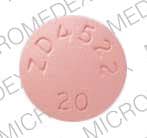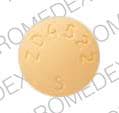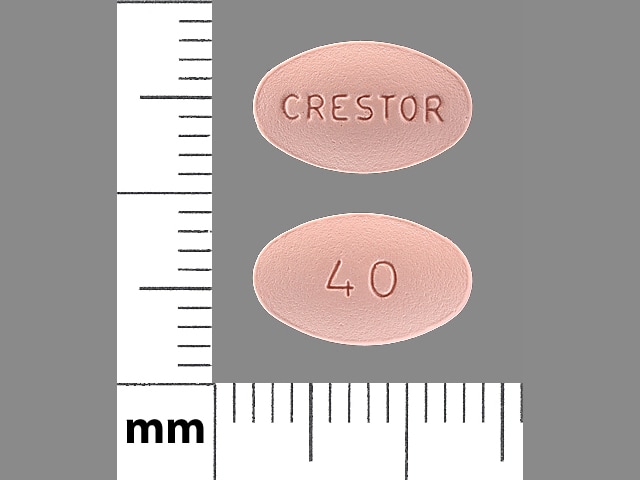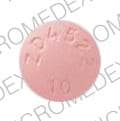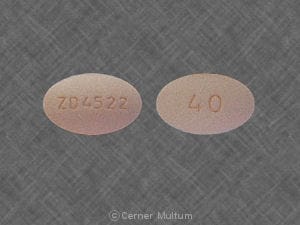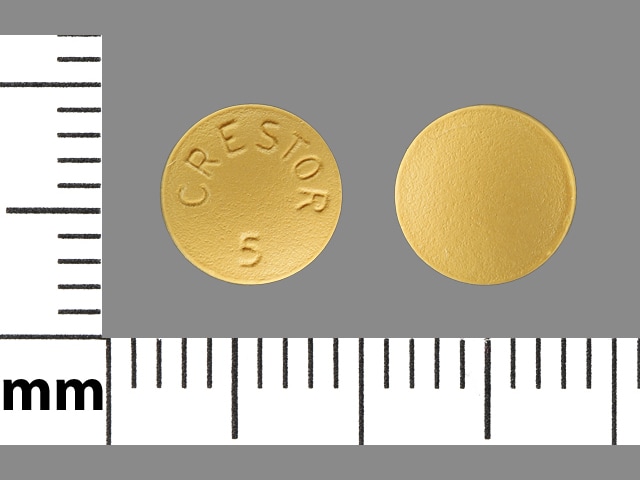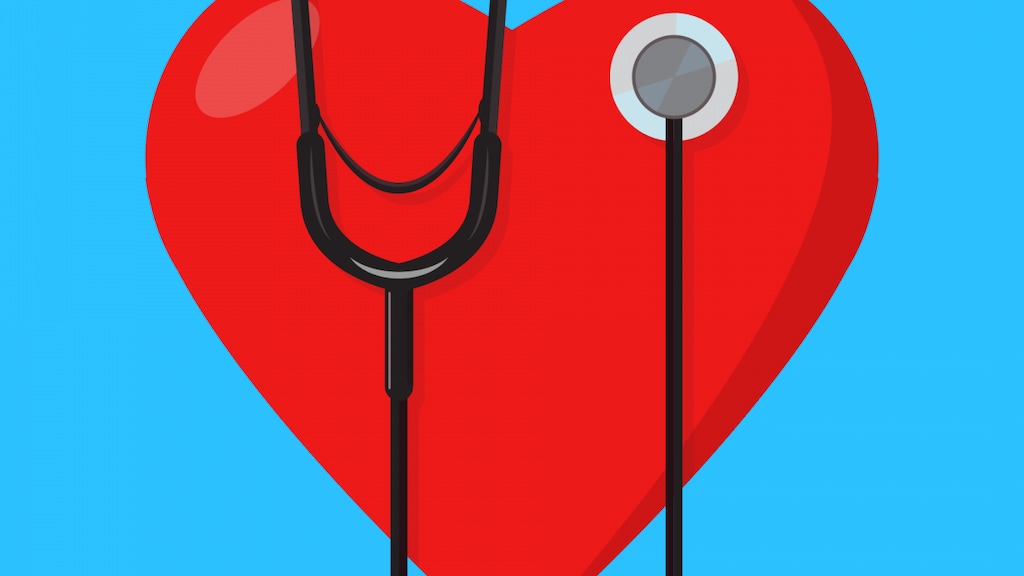What is Crestor?
Crestor is a prescription medicine that contains a cholesterol-lowering medicine called rosuvastatin calcium. Most of the cholesterol in your blood is made in the liver. Crestor works by reducing cholesterol in two ways: Crestor blocks an enzyme in the liver causing the liver to make less cholesterol, and Crestor increases the uptake and breakdown by the liver of cholesterol already in the blood.
Crestor is used along with diet to:
- lower the level of your “bad” cholesterol (LDL)
- increase the level of your “good” cholesterol (HDL)
- lower the level of fat in your blood (triglycerides)
- slow the buildup of fatty deposits (plaque) in the walls of blood vessels
Crestor is used to treat:
- adults who cannot control their cholesterol levels by diet and exercise alone
- children 8 to 17 years of age with heterozygous familial hypercholesterolemia (an inherited condition that causes high levels of LDL)
- children 7 to 17 years of age with homozygous familial hypercholesterolemia (an inherited condition that causes high levels of LDL).
Crestor is not approved for use in children with heterozygous familial hypercholesterolemia younger than 8 years of age or for use in children with homozygous familial hypercholesterolemia younger than 7 years of age.
Crestor is used to reduce the risk of heart attacks and strokes in men 50 years of age and older and women 60 years of age and older who do not have known heart disease but do have certain additional risk factors.
It is not known if Crestor is safe and effective in people who have Fredrickson Type I and V dyslipidemias.
Who should not take Crestor?
Do not take Crestor if you:
- are allergic to rosuvastatin calcium or any of the ingredients in Crestor. See the end of this guide for a complete list of ingredients in Crestor.
- have liver problems.
- are pregnant or think you may be pregnant, or are planning to become pregnant. Crestor may harm your unborn baby. If you become pregnant, stop taking Crestor and call your doctor right away. If you are not planning to become pregnant you should use effective birth control (contraception) while you are taking Crestor.
- are breastfeeding. Medicines like Crestor can pass into your breast milk and may harm your baby.
What should I tell my healthcare provider before and while taking Crestor?
Tell your doctor if you:
- have unexplained muscle aches or weakness
- have or have had kidney problems
- have or have had liver problems
- drink more than 2 glasses of alcohol daily
- have thyroid problems
- are 65 years of age or older
- are of Asian descent
- are pregnant or think you may be pregnant, or are planning to become pregnant
- are breastfeeding
Tell your doctor about all the medicines you take, including prescription and over-the-counter medicines, vitamins, and herbal supplements.
Talk to your doctor before you start taking any new medicines.
Taking Crestor with certain other medicines may affect each other causing side effects. Crestor may affect the way other medicines work, and other medicines may affect how Crestor works.
Especially tell your doctor if you take:
- cyclosporine (a medicine for your immune system)
- gemfibrozil (a fibric acid medicine for lowering cholesterol)
- anti‑viral medicines including HIV or hepatitis C protease inhibitors (such as lopinavir, ritonavir, fosamprenavir, tipranavir, atazanavir, or simeprevir)
- certain anti-fungal medicines (such as itraconazole, ketoconazole and fluconazole)
- coumarin anticoagulants (medicines that prevent blood clots, such as warfarin)
- niacin or nicotinic acid
- fibric acid derivatives (such as fenofibrate)
- colchicine (a medicine used to treat gout)
Ask your doctor or pharmacist for a list of these medicines if you are not sure.
Know all of the medicines you take. Keep a list of them to show your doctor and pharmacist when you get new medicine.
How should I take Crestor?
- Take Crestor exactly as your doctor tells you to take it.
- Take Crestor, by mouth, 1 time each day. Swallow the tablet whole.
- Crestor can be taken at any time of day, with or without food.
- Do not change your dose or stop Crestor without talking to your doctor, even if you are feeling well.
- Your doctor may do blood tests to check your cholesterol levels before and during your treatment with Crestor. Your doctor may change your dose of Crestor if needed.
- Your doctor may start you on a cholesterol lowering diet before giving you Crestor. Stay on this diet when you take Crestor.
- Wait at least 2 hours after taking Crestor to take an antacid that contains a combination of aluminum and magnesium hydroxide.
- If you miss a dose of Crestor, take it as soon as you remember. However, do not take 2 doses of Crestor within 12 hours of each other.
- If you take too much Crestor or overdose, call your doctor or go to the nearest hospital emergency room right away.
What are the possible side effects of Crestor?
Crestor may cause serious side effects, including:
- Muscle pain, tenderness and weakness (myopathy). Muscle problems, including muscle breakdown, can be serious in some people and rarely cause kidney damage that can lead to death. Tell your doctor right away if:
- you have unexplained muscle pain, tenderness, or weakness, especially if you have a fever or feel more tired than usual, while you take Crestor.
- you have muscle problems that do not go away even after your doctor has told you to stop taking Crestor. Your doctor may do further tests to diagnose the cause of your muscle problems.
- Your chances of getting muscle problems are higher if you:
- are taking certain other medicines while you take Crestor
- are 65 years of age or older
- have thyroid problems (hypothyroidism) that are not controlled
- have kidney problems
- are taking higher doses of Crestor
- Liver problems. Your doctor should do blood tests to check your liver before you start taking Crestor and if you have symptoms of liver problems while you take Crestor. Call your doctor right away if you have any of the following symptoms of liver problems:
- feel unusually tired or weak
- loss of appetite
- upper belly pain
- dark urine
- yellowing of your skin or the whites of your eyes
The most common side effects may include:
- headache,
- muscle aches and pains,
- abdominal pain,
- weakness,
- nausea.
Additional side effects that have been reported with Crestor include memory loss and confusion.
Tell your doctor if you have any side effect that bothers you or that does not go away.
These are not all the possible side effects of Crestor. For more information, ask your doctor or pharmacist.
Call your doctor for medical advice about side effects. You may report side effects to FDA at 1-800-FDA-1088.
Crestor Images
Drug Interactions
A total of 244 medications are known to interact with Crestor. Use the Interactions Checker Tool.
Common Interactions Checks
General information about the safe and effective use of Crestor
Medicines are sometimes prescribed for purposes other than those listed in a Patient Information leaflet. Do not use Crestor for a condition for which it was not prescribed. Do not give Crestor to other people, even if they have the same medical condition you have. It may harm them.
You can ask your pharmacist or doctor for information about Crestor that is written for health professionals.
How should I store Crestor?
- Store Crestor at room temperature, between 68°F to 77°F (20°C to 25°C) and in a dry place.
- Safely throw away medicine that is out of date or no longer needed.
Keep Crestor and all medicines out of the reach of children.
What are the ingredients in Crestor?
Active Ingredient: rosuvastatin as rosuvastatin calcium
Inactive Ingredients: microcrystalline cellulose NF, lactose monohydrate NF, tribasic calcium phosphate NF, crospovidone NF, magnesium stearate NF, hypromellose NF, triacetin NF, titanium dioxide USP, yellow ferric oxide, and red ferric oxide NF.
For more information, go to the Crestor website at www.crestor.com or call 1-800-Crestor
